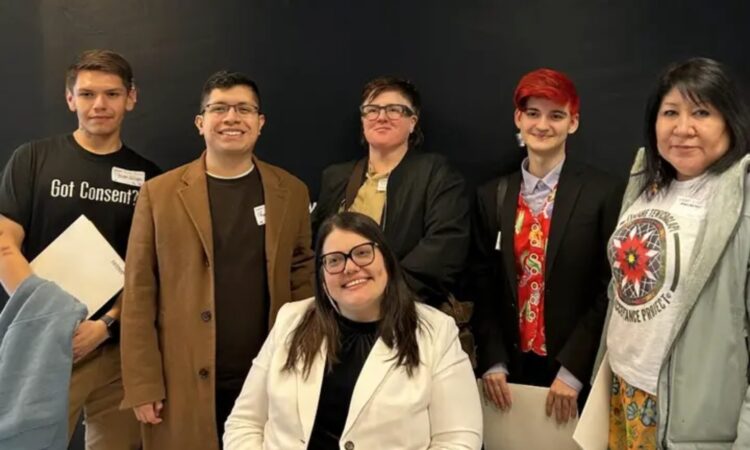The Trump Administration Just Made Catastrophic Cuts That Will Affect You Or Someone You Know

Dr. Katie Edwards is a researcher at the University of Michigan who studies ways to prevent violence and help young people, especially LGBTQ+ youth and youth from racial and ethnic minority groups. Her work has been supported for years by government funding through the National Institutes of Health (NIH). But recently, six of her lab’s grants were suddenly canceled.
She expects more to be shut down soon, all because the topics her team focuses on—things like identity, inclusion, and mental health—are now being labeled by the Trump administration as too political or part of “gender ideology” or “DEI” (diversity, equity, and inclusion).
This decision has devastated her lab. She’s trying everything she can—learning how to fundraise, filing lawsuits, writing appeals—to keep the lab open and save her team’s jobs. More than that, she’s heartbroken that so many people, especially kids who rely on this research, could lose important support. She believes part of the reason this is happening is because researchers like her didn’t do enough to explain to the public why this kind of work matters to everyone—not just to certain groups.
Her lab’s research helps make schools and communities safer and gives a voice to young people who are often overlooked or misunderstood. One example she shared was from a study helping trans youth feel less alone. Another involved a caregiver who said they now feel more ready to protect their LGBTQ+ child. These are real people who benefited directly from her work.
Dr. Edwards explains that minority groups—whether because of race, gender, or sexuality—often face more violence and fewer resources. That’s why it’s important to study their experiences directly, instead of assuming one approach works for everyone. Doing this kind of research helps close the gap between those who get support and those who don’t.
She’s not just concerned about the research being stopped—she’s also worried about the message being sent: that these young people don’t matter to the government anymore. That their safety, mental health, and even lives are not a priority. And beyond that, shutting down research like this means people lose jobs—hardworking Americans, including veterans, people of color, and parents who do this work because they care deeply about helping others.
There’s also a financial cost to ending this work. Sexual violence, for example, can cost over $122,000 per victim in medical bills and lost productivity. Preventing it saves money and lives.
Despite everything, she hasn’t given up hope. Her staff, her parents, and her wife have all supported her. Her parents even changed their political views because of what they’ve seen happen to her and her lab. And she’s asking others to get involved—by speaking up, calling lawmakers, donating, or simply understanding how public health research quietly helps all of us.
Her message is clear: public health research matters. It touches everyone’s life, often without them realizing it. And if it disappears, we’ll all feel the impact—especially the most vulnerable among us.
Would you like a shorter version of this, or help writing a letter in support of her work?




